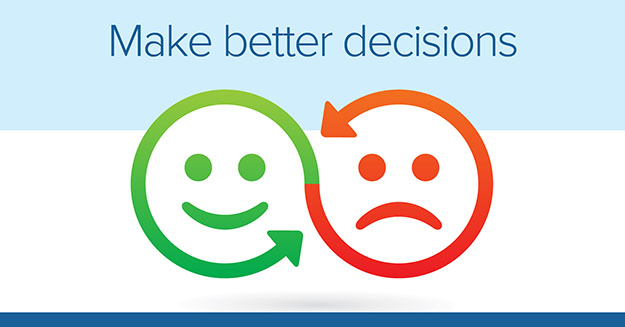
Mindfulness “How Skills” include:
- Non-Judgmental Stance
- One-Mindfully
- Effectively
The third in this list, “Effectively,” is actually what arises from mindfulness practice. If we slow down, observe and describe, and focus on the task at hand, we can then participate effectively and make the best possible decision.
When we are effective, we do not allow emotions to get in the way of achieving goals. And when we are mindful, we do not allow emotions to get out of control.
For example, when we get into our car in the morning to drive to work, our goal is to get to work safely. If another driver angers us on the freeway, do we retaliate, or do we make a choice to stay away from them?
If someone is tailgating, do you slow down and “brake-check” them, or do you move over and let them by? Think about your initial goal. Was your goal to challenge other drivers on the freeway and ‘teach them a lesson,’ or was it to get to work safely? What is the most effective response to a tailgater if your goal is to get to work safely?
True story. This person was cut off by another driver and then tailed them for 2 hours to confront the driver and pick a fight over something that happened 100 miles away. After punching the other driver, they then had to drive 2 hours back, so that was a 4-hour diversion. Was that effective?
Most likely, the other driver was not aware that they cut someone off, and two hours later, they would have no idea why this crazy person is picking a fight with them. They just get angry back. No lesson learned.
Intense emotions can cause us to act impulsively or willfully. In most cases, this is not effective. The use of mindfulness in-the-moment can help us to stay calm, slow down, and choose a response that best helps us to meet our goals.